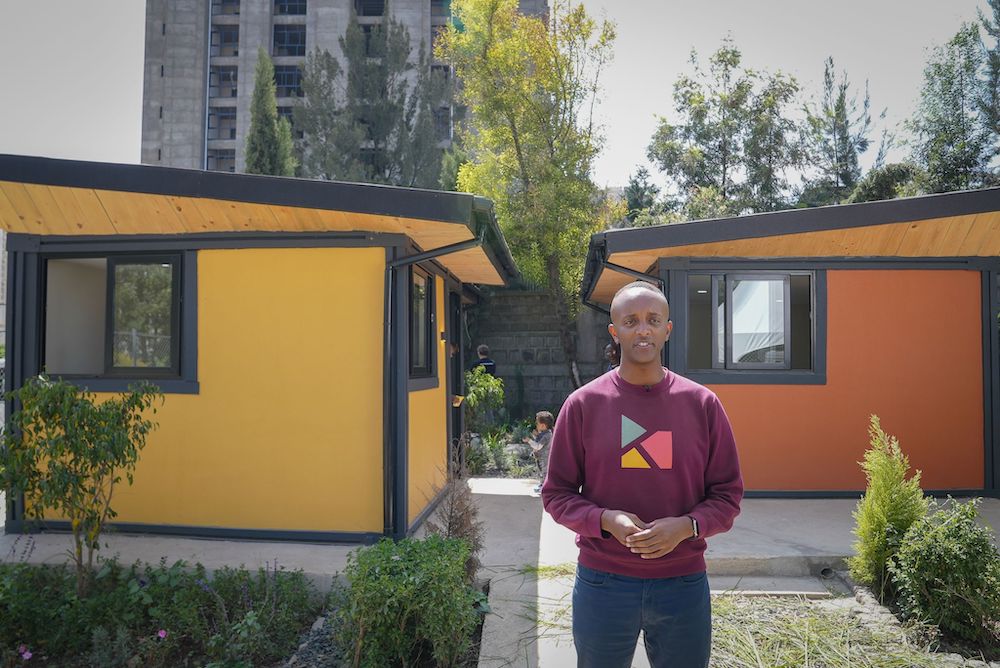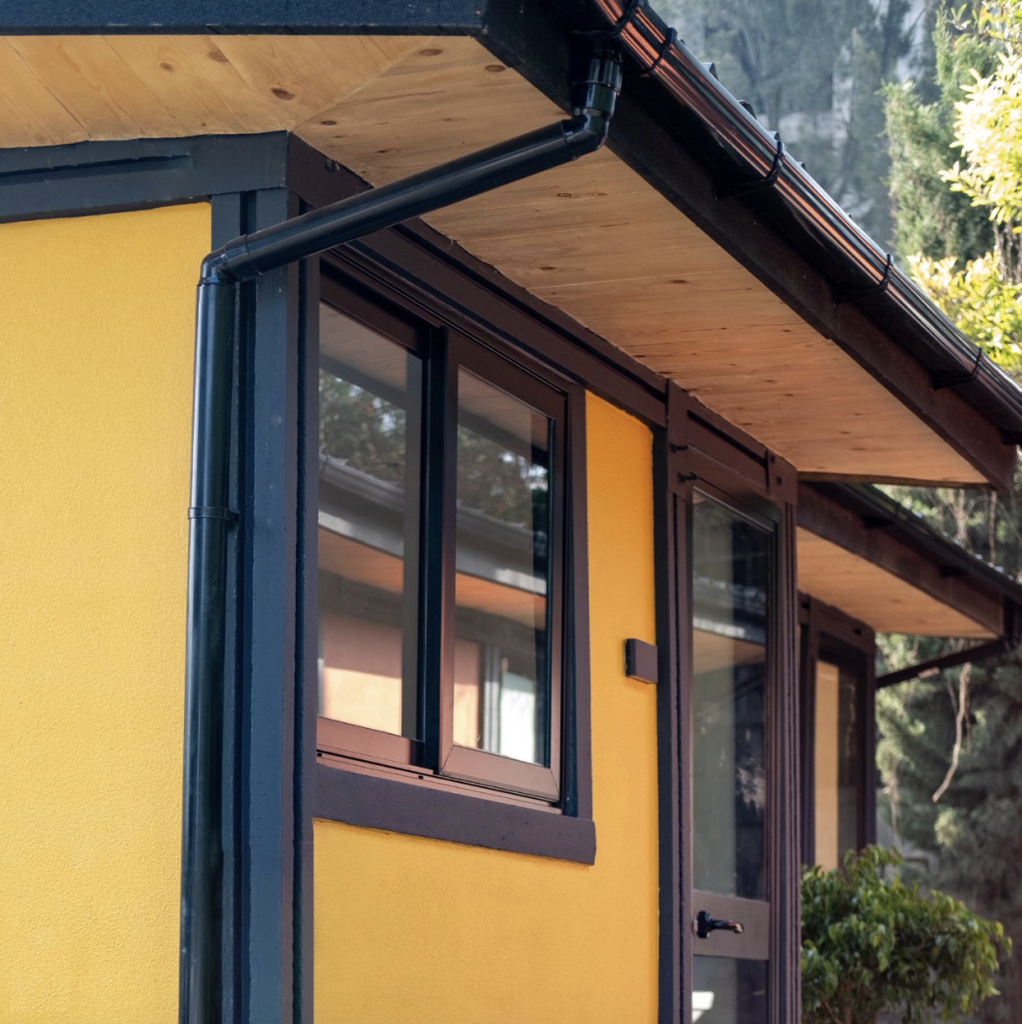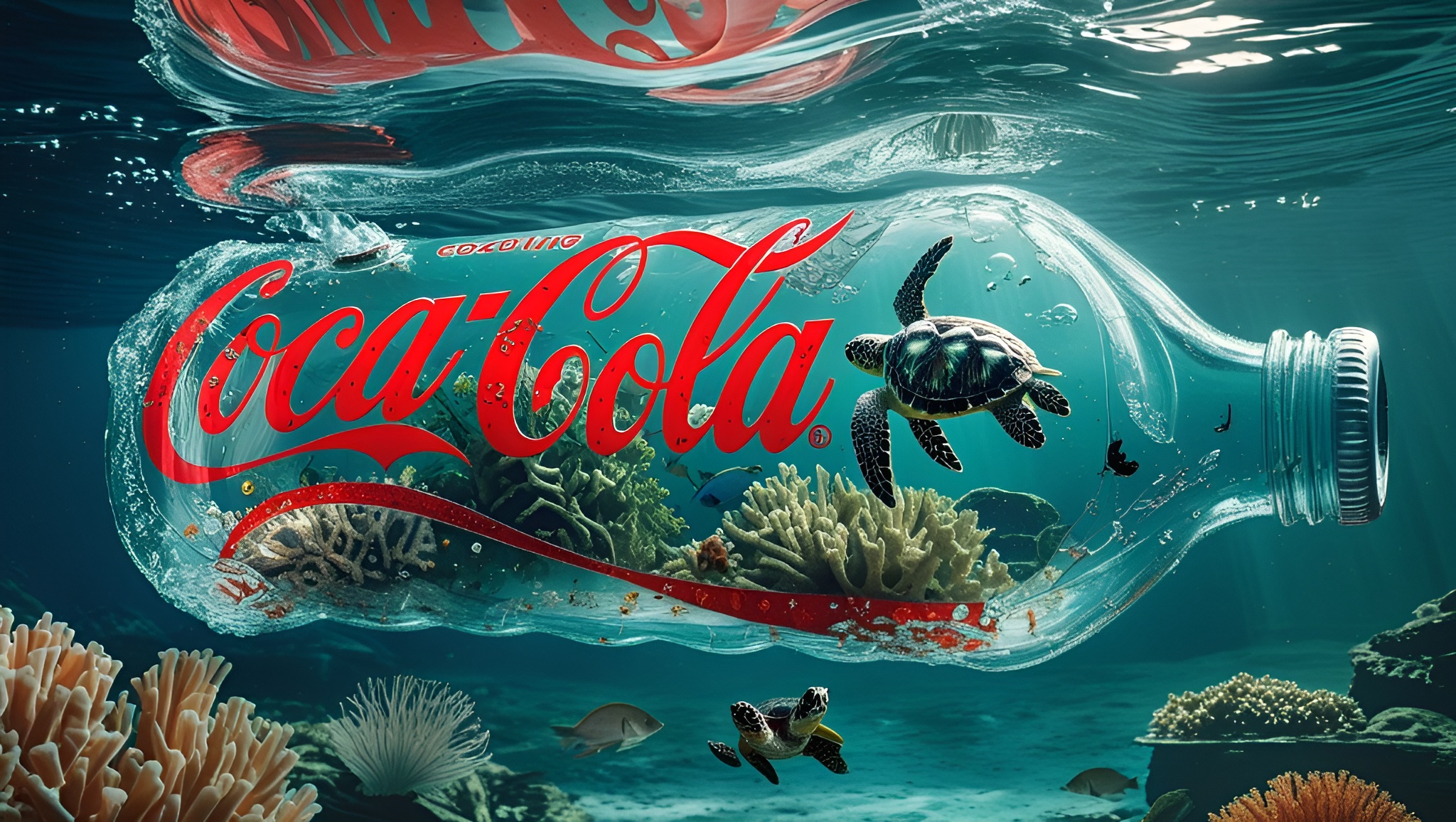The use of plastic and the price of houses are increasing rapidly.
More than 400 million tonnes of plastic are produced each year, and only 9% of it is recycled. These plastics pollute the ocean, harm marine life, and damage the overall environment. It takes 100 to 1000 years for plastic to decompose. Not only that, but the production process of plastic also releases a massive amount of greenhouse gases.
Recognizing this problem, founder Kidus Asfaw started a low carbon emission construction technology company called Kubik. Growing up in the cities of Ethiopia, Kidus witnessed the rise of tall buildings in his area. The rapid development of the cities and the fast construction of buildings made him realize that the environment in his city, Addis Ababa, was deteriorating. Soon, he realized that launching an alternative, affordable, and environmentally friendly construction startup could be the solution to this problem.

The building construction elements, especially concrete, are among the major greenhouse gas emitters in the world.
In addition to that, real estate operations pollute drinking water, contribute to landfill waste, and cause air pollution. Tackling all these issues, Kubik began its journey. Kubik’s mission is to create construction technologies that are affordable and safe for the environment. Founded in 2021, the company aims to solve two major problems: providing affordable housing in African regions and reducing the cost of building construction. But how do they do that?
Low-income communities in African regions rely on expensive construction materials. Kubik addresses this issue by creating construction elements from hard-to-recycle plastics. The company transforms plastic waste into low-carbon, affordable building materials. Every day, Kubik collects plastic waste from waste pickers and brings it to their facility. They shred the plastic and use their in-house formulas to turn it into a mouldable form, which is then used to make construction materials like bricks, columns, and beams.

These components are very similar to traditional bricks used in building houses—and in some cases, buildings made from plastic can last even longer than those made from conventional bricks. Kubik has various design models that can be used to construct homes—similar to building with Legos. Choose the design, and it’s ready to build. It’s also much faster than traditional construction. With just four people, they can build 100 square meters of wall space in just five days.

Currently, the company converts 48,000 kilos of plastic waste every day into building materials. Kubik is eliminating 1,000,000 tons of carbon emissions each year. Their plastic housing solution is 30–40% more affordable than traditional construction materials, which has a huge impact in regions like Ethiopia and Kenya, where housing availability is very low.
Using recycled plastic also eliminates the need to excavate land for raw construction materials. The company empowers women by offering opportunities to join the startup, which strengthens the community.

Kubik won the 2023 Global Startup Award and secured funding that closed at 3.35 million dollars. They also launched pilot programs with the German development agency GIZ to train waste collectors in the Addis Ababa region.
Kubik sees their primary constructions as the beginning of a much bigger story. There are endless possibilities for what can be achieved using plastic-based construction materials. The company is now focused on accelerating its operations to reach the masses and continue making a positive impact on the environment.




